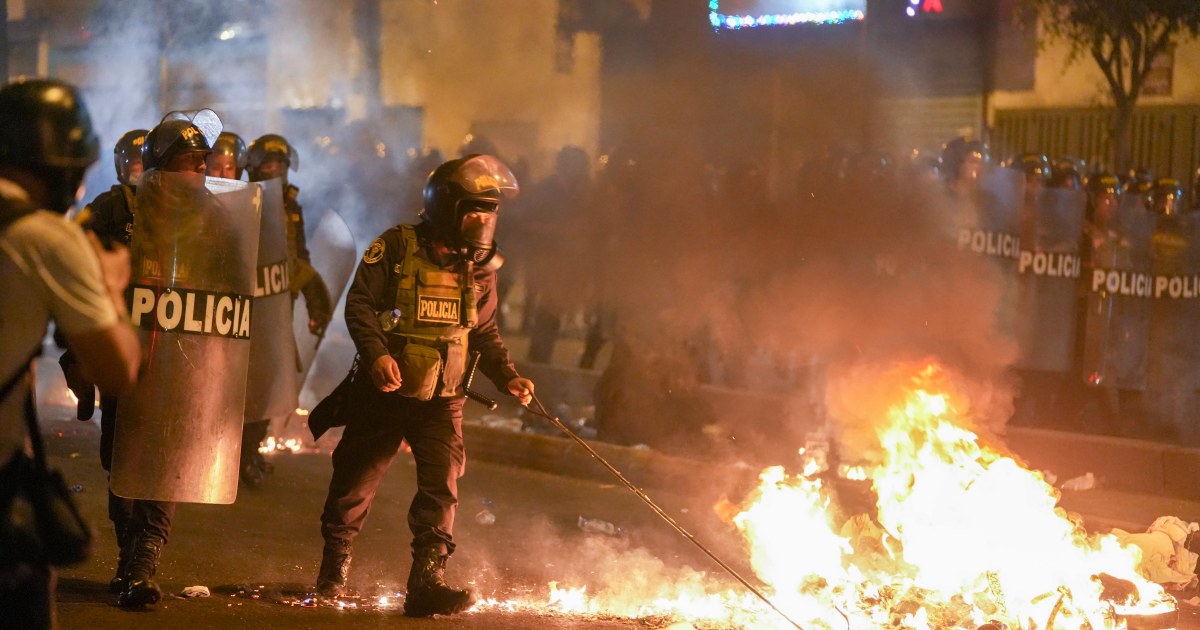Key takeaways:
- Machu Picchu closed indefinitely due to security concerns amid ongoing anti-government protests.
- Protests have resulted in 46 deaths and 58 injuries nationwide.
- Closure of Machu Picchu is the latest sign that the protests are increasingly engulfing Peru, and is likely to have a significant impact on the country’s economy.
Peru’s ancient Inca citadel of Machu Picchu was closed indefinitely on Saturday due to security concerns amid ongoing anti-government protests. The protests, which began last month, have spread across the South American country and have resulted in 46 deaths.
On Friday night, police clashed with protesters in Lima, the capital of Peru, using tear gas to repel demonstrators throwing glass bottles and stones. In the country’s southern Puno region, some 1,500 protesters attacked a police station in the town of Ilave, Interior Minister Vicente Romero said in a statement to news media.
By late afternoon, 58 people had been injured nationwide in the protests, according to the National Human Rights Coordinator. The Machu Picchu train station was also suspended due to damages allegedly caused by protesters.
The protests are calling for the resignation of President Dina Boluarte. The government has responded by declaring a state of emergency in several provinces, including the capital Lima, and deploying the military to the streets.
The closure of Machu Picchu is the latest sign that the protests are increasingly engulfing Peru. The ancient ruins are a major tourist attraction and the indefinite closure is likely to have a significant impact on the country’s economy.



Be First to Comment